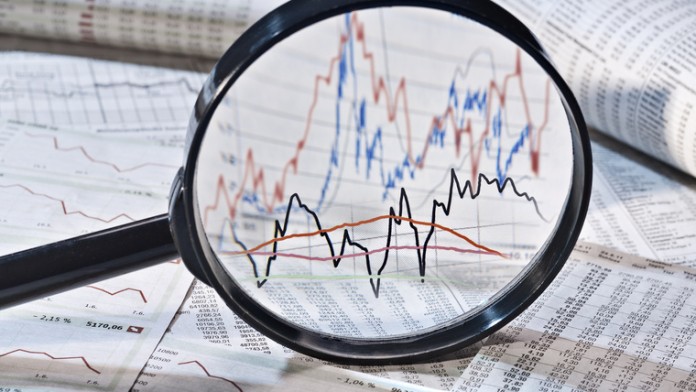News from 2021-10-05 / KfW Research
Globalisation in crisis
The German economy has benefited greatly from globalisation in the past. Almost a third of gross value added and more than one in four employees in Germany depend directly or indirectly on exports. However, since the financial and economic crisis of 2008/2009 and thus before the coronavirus pandemic, the globalisation dynamic has slowed down. This is one of the results of a study by Prognos commissioned by KfW Research on the future of globalisation and the growth prospects of German companies.
What’s next for Germany’s growth model? Scenarios for globalisation
The effects of globalisation on growth, value added and employment in Germany over the next ten years are analysed on the basis of three scenarios. A renewed surge in globalisation with strongly increasing openness to trade represents the best scenario for the German economy with average GDP growth of 1.2% per year between 2023 and 2030, while deglobalisation and thus decreasing openness represents the worst scenario at 0.9%. The continuation of the slowed globalisation seen over the past ten years, which is considered more likely, falls between these two options with a growth rate of 1.1%.
What’s next for Germany’s growth model? Scenarios for globalisation
Low globalisation momentum requires adjustment of German companies’ growth strategies
Low globalisation momentum challenges companies to examine their business models for future viability, to adapt their export strategies and to tap new sales potential. The Prognos study identifies three main areas in which German businesses can make adaptions: One option is to focus more strongly on the domestic market, another is to develop new, innovative export goods or services. Here, growth opportunities arise primarily from the megatrends of demographic change, digitalisation and climate and environmental action. A third strategy consists of tapping into new, promising export markets, especially in emerging and developing countries. This offers different starting points for policymakers to support enterprises.
Low globalisation momentum requires adjustment of German companies’ growth strategies


Share page
To share the content of this page with your network, click on one of the icons below.
Note on data protection: When you share content, your personal data is transferred to the selected network.
Data protection
Alternatively, you can also copy the short link: https://www.kfw.de/s/enkBbm2u.CkTB
Copy link Link copied